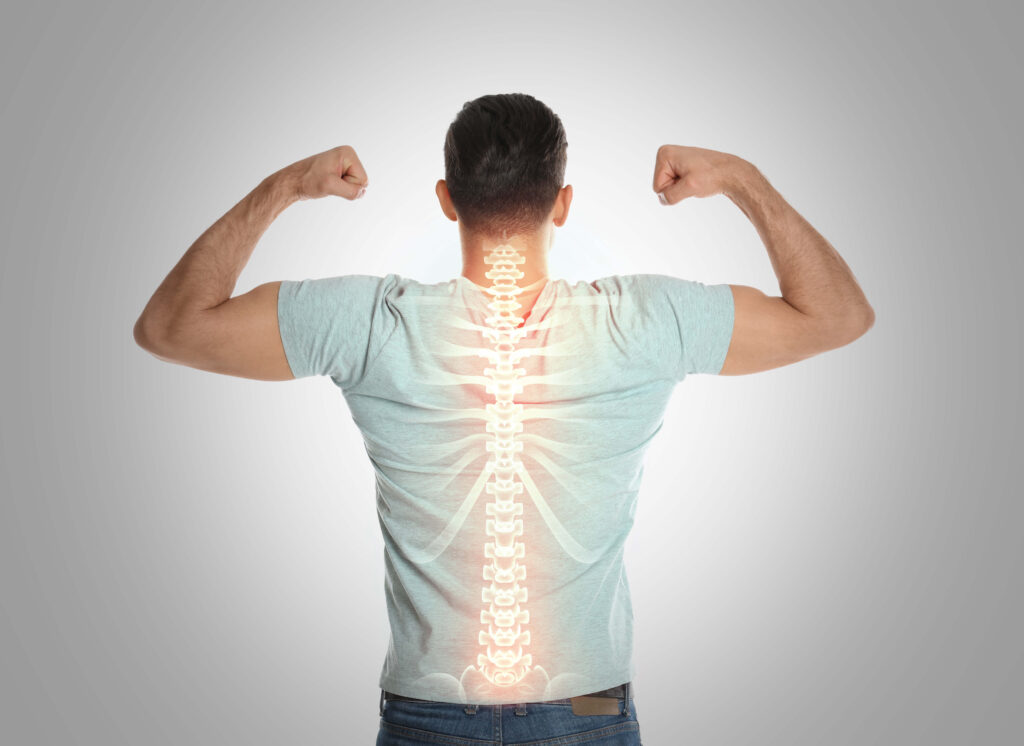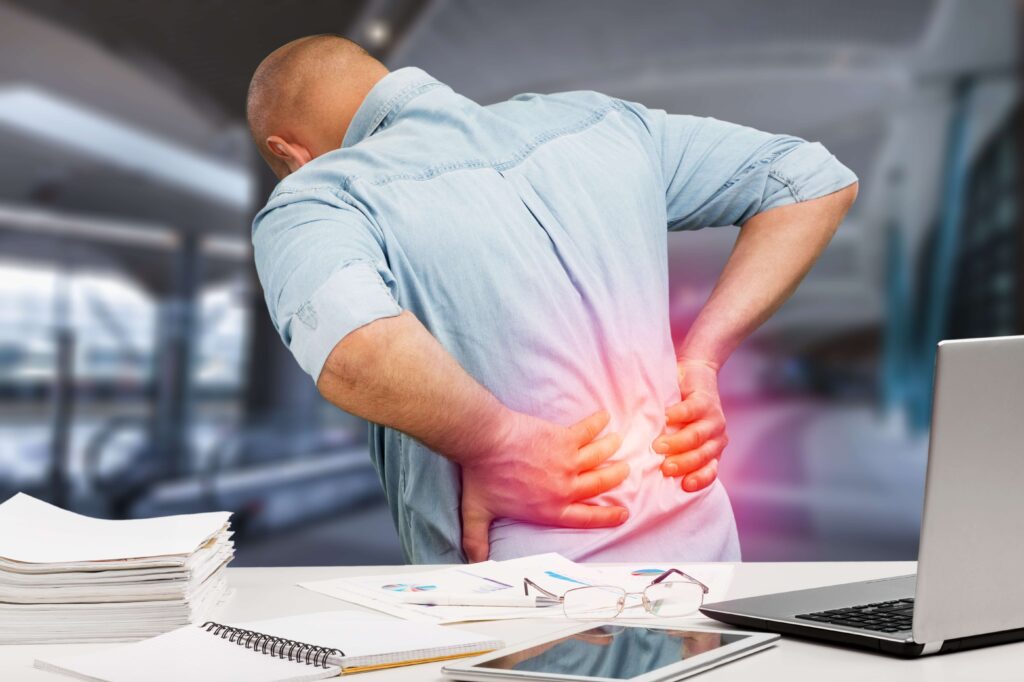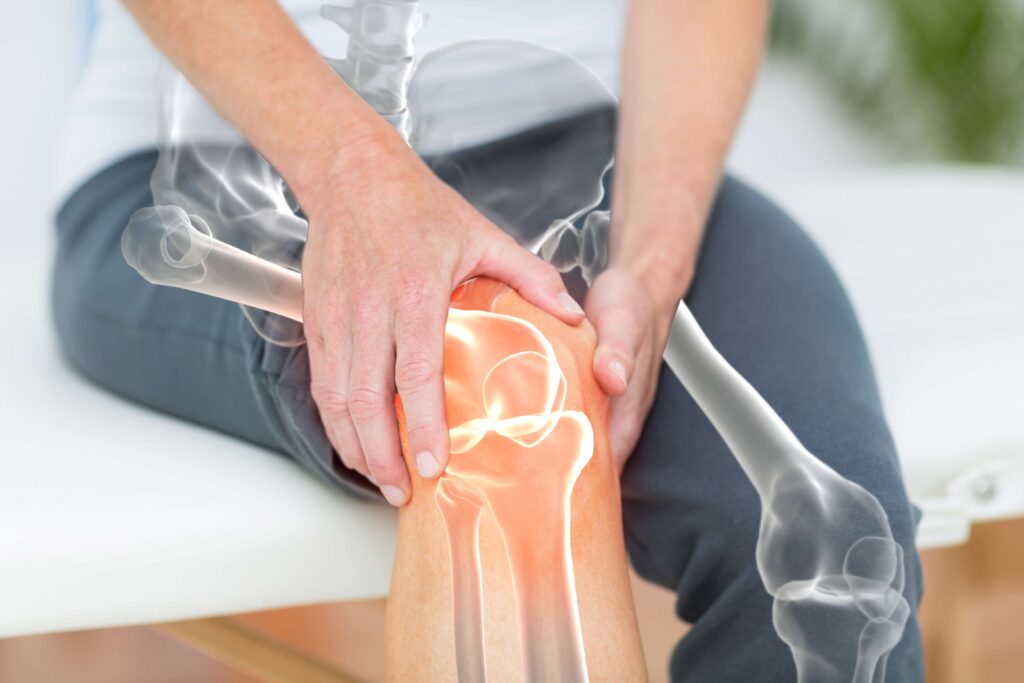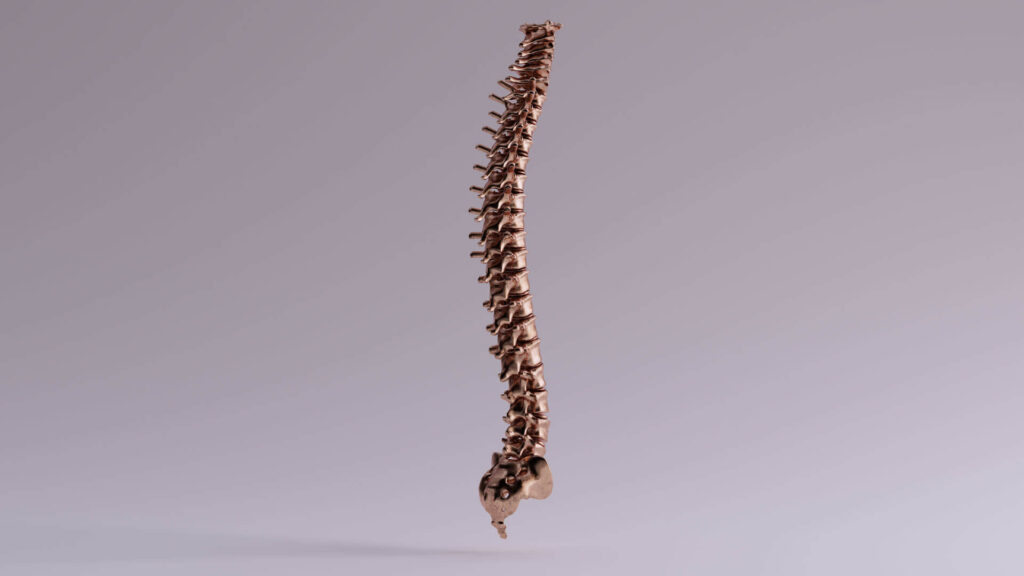Physical Therapy for Neck: Our Guide Your neck is a portion of your body which is not particularly noticeable until it begins to physically hurt from some type of discomfort or injury. Physical therapy for your neck can be one of the best ways to recover from chronic neck pain, a past injury, or even […]
Blog
Weight Bearing Exercises for Seniors
Weight Bearing Exercises for Seniors: Our Guide Weight bearing exercises for seniors can be very helpful in many cases. The weight bearing exercises we present to our physical therapy patients have proven to be quite useful during and after physical therapy. The strength built is not only physical, it also promotes strength within. You’re able […]







